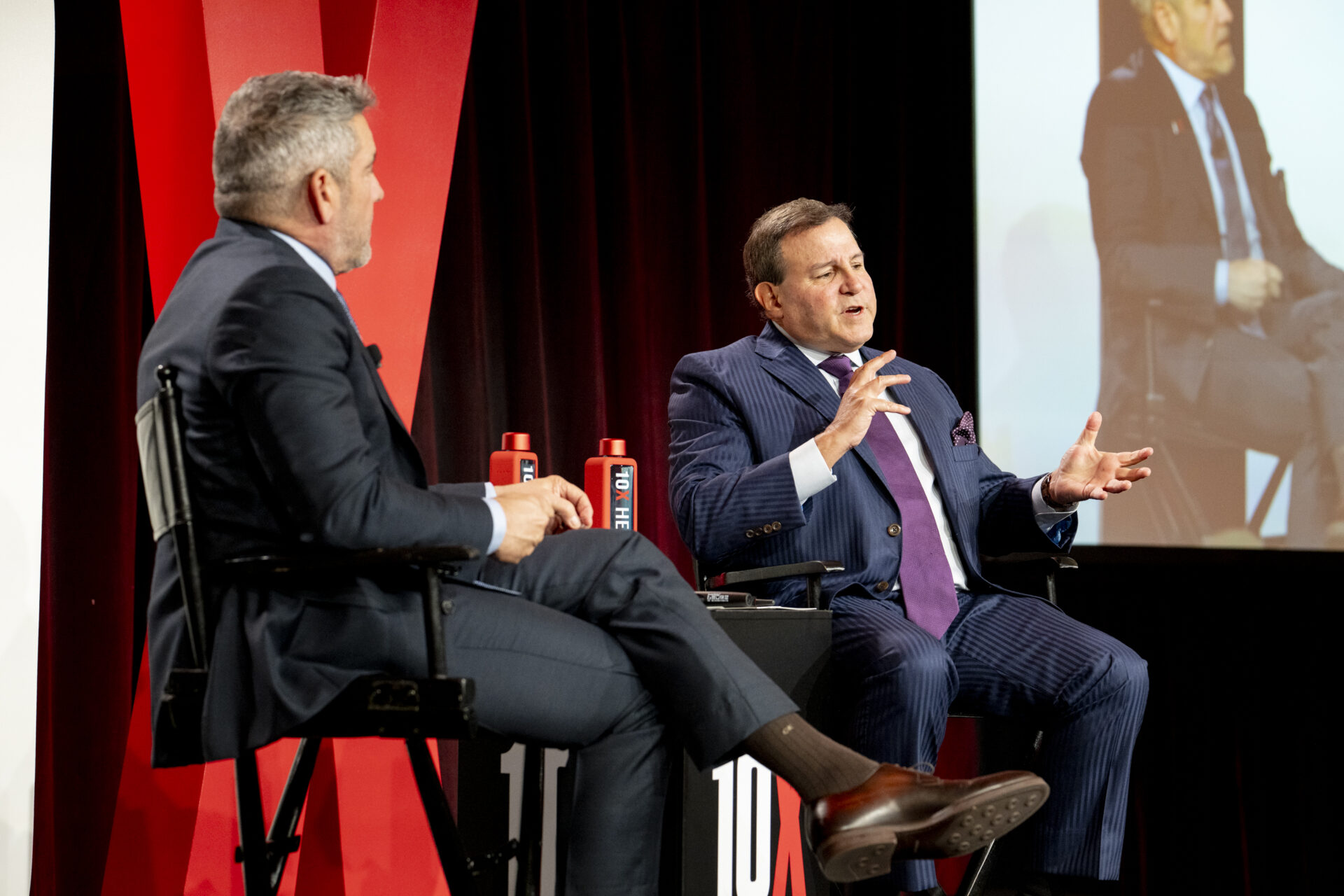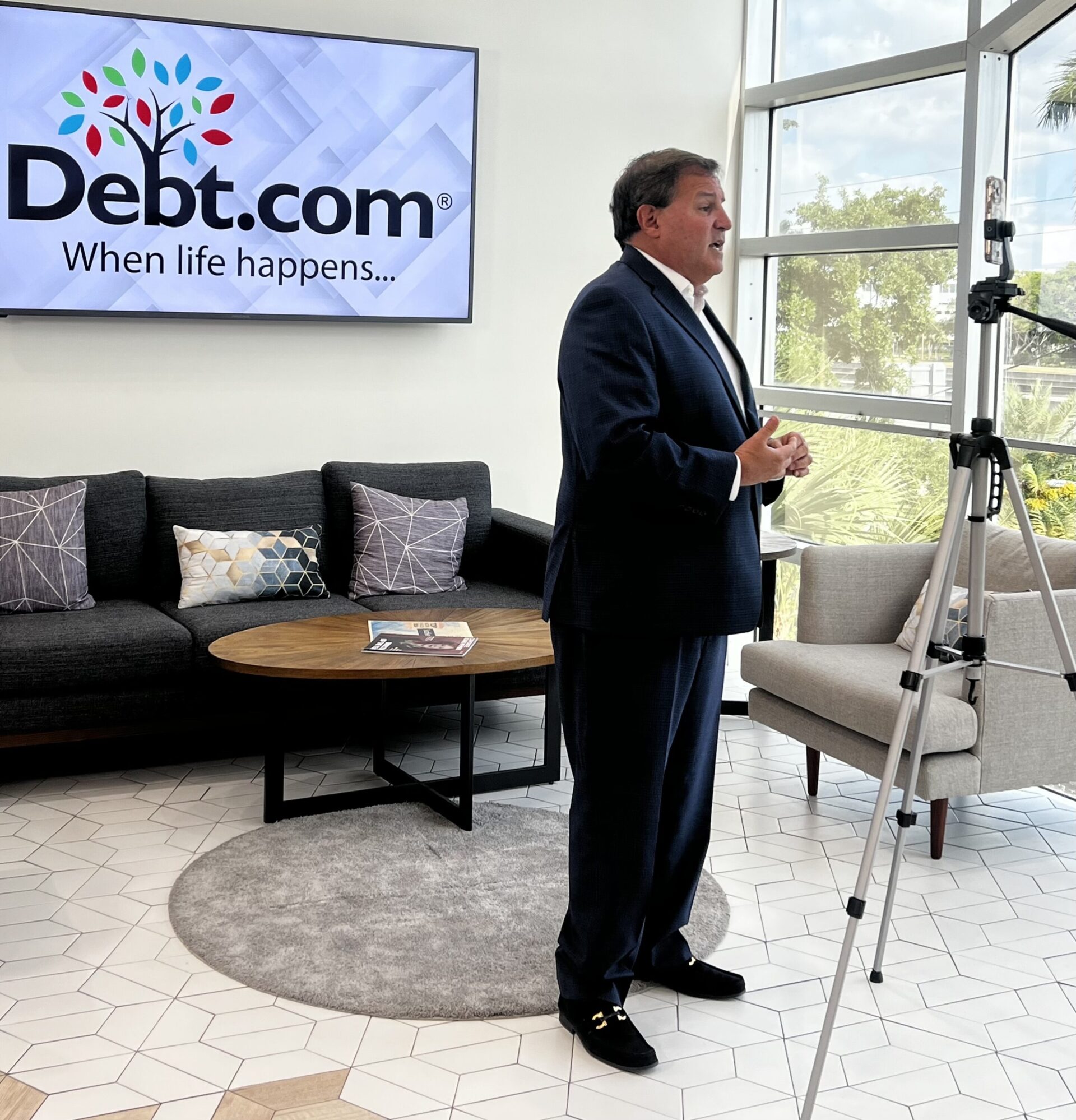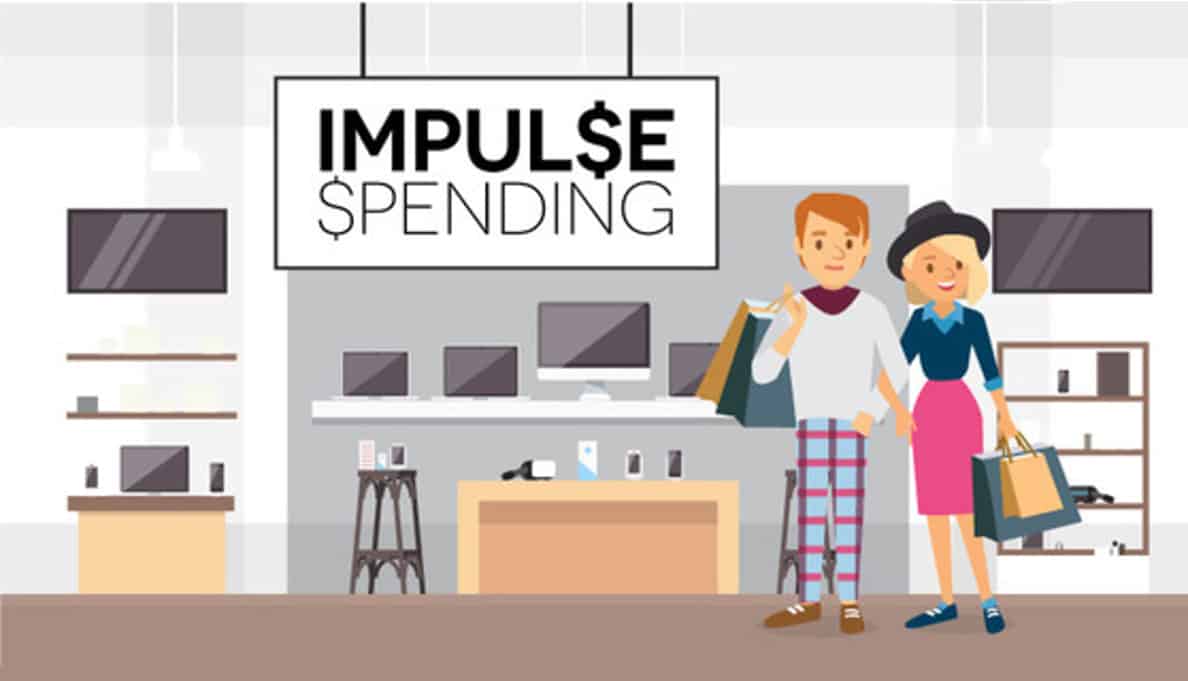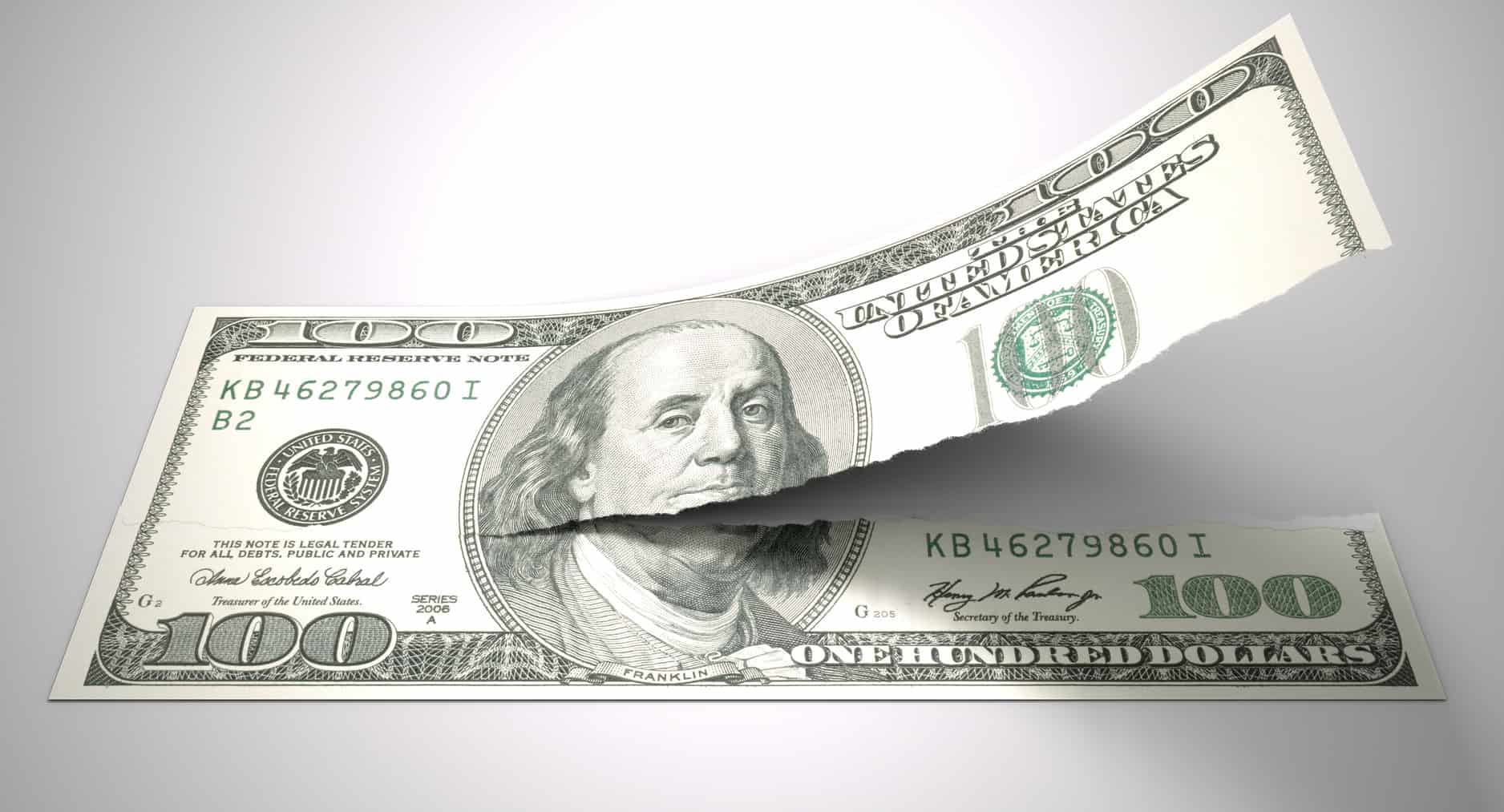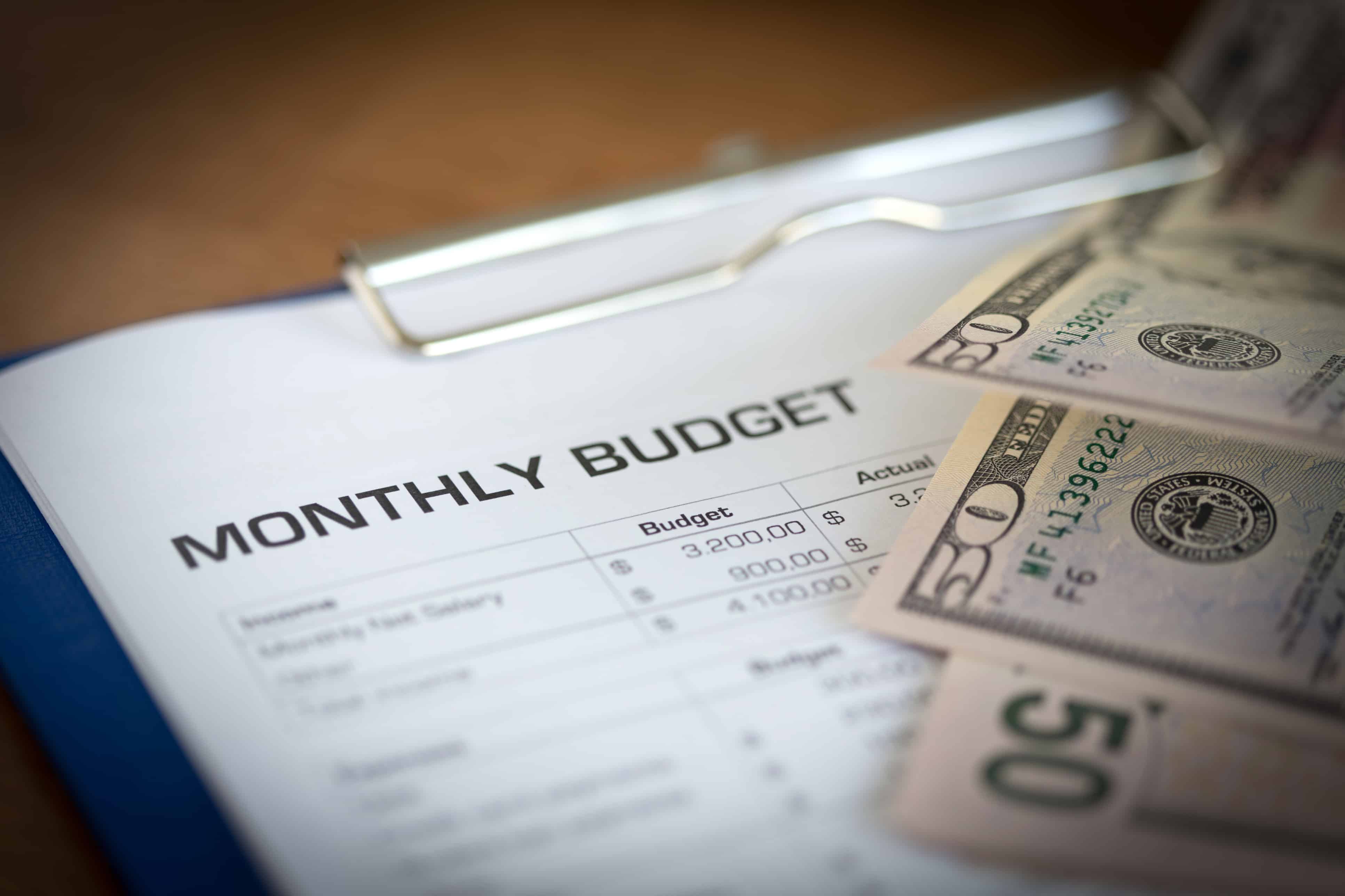Featured Content
Browse by Topic
Recent News
8 Eye-Opening Truths About Closing Your Credit Card While You Still Owe Money
By: Brian O’Connell | Source: Wealth of Geeks
“Closing a credit card with an outstanding balance is the worst thing you can do,” says Howard Dvorkin, a certified public accountant and chairman at Debt.com in Ft. Lauderdale, Florida. “It hurts you in so many ways and helps you in none.”
8 Signs of a Money Pit House
By: Maurie Backman | Source: US News & World Report
“You could be hit with a five-figure charge for street regrading or landscape replacement,” he says. “It can still be a money pit even if the home is sound, but the HOA is not.”
U.S. Credit Card Debt Reaches $1.14 Trillion High: Find Out 4 Reasons Why and What To Do Next
By: Melanie Lockert | Source: Newsweek Vault
“With credit card interest rates hovering around 20%, that means you’re handing $1 to someone else for every $5 you charge. That’s a huge hit to your income for zero benefit. Unlike a mortgage or car loan, that interest isn’t putting a roof over your head or driving you to work,” says Howard Dvorkin, CPA and chairman of Debt.com.
15 Money Moves You’ll Be Thankful For
By: Maryalene LaPonsie | Source: US News & World Report
“Everyone knows what they make gross, but what ends up in your paycheck could be very different,” says Howard Dvorkin, a CPA and chairman of Debt.com. Review your earnings statements to determine your net pay after taxes and deductions, then create your spending plan based on that figure.
‘It’s a chance to make a difference in my life.’ I live below the poverty line, but am about to be gifted some money. Now what?
By: Alisa Wolfson | Source: Market Watch
“Investigate nonprofit organizations and community centers like the United Way or Legal Aid that may offer free counseling to low-income individuals. Start by researching local nonprofits that focus on financial literacy and assistance and even government agencies like the Department of Housing and Urban Development that offer free or low-cost financial counseling services,”
Why medical debt is the most damaging part of our $17 trillion problem
By: Megan DeMatteo | Source: Sherwood News
“Most medical debt results from a single serious illness or condition,” Dvorkin said. For someone who normally pays bills on time and has disposable income, medical debt on their record could be “distorting their actual creditworthiness.”
5 Cities Where Millennials Have the Most Credit Card Debt
By: Yael Bizouati-Kennedy | Source: Yahoo Finance
“Many people might not have heard of Poughkeepsie, but it’s 12% more expensive to live there than the national average,” he said, citing ERI Economic Research Institute data. “Most of our money goes to food and shelter, so where you live determines how much you spend — and if you save,” Dvorkin said. “So, there’s no mystery here. But don’t forget peer pressure. If you live in an expensive city, you’ll feel compelled to look successful so you can fit in. S
8 Ways to Manage Money Stress
By: Geoff Williams
If you feel like it’s professional financial help you need for your money stress rather than a therapist, there are free places to go for that, says Howard Dvorkin, a CPA and chairman of Debt.com. “Your bank or credit union probably offer free online budgeting tools that can help you squeeze every last dime from your income. And nonprofit credit counseling agencies often offer free, in-depth debt analysis over the phone,” he adds. “Do-it-yourself solutions are mostly played out,” he says. “There are only so many coupon and gasoline apps you can download.”
4 low-cost ways to consolidate debt while rates are high
By: Aly Yale | Source: Money Watch – CBS News
“The best way to pay as little as possible is to work with a debt professional who can get you on a debt management or debt settlement program,” says Howard Dvorkin, chairman of Debt.com. “A debt management plan can cut your total debt payment by up to half by reducing or eliminating the interest rates.”
How the lifestyle and expectation for Gen Z in the workplace don’t line up and is causing grief.
By: John Morales and Glen Lewerenz | Source: Relevant Radio
It’s tough to start out as a young person. The American Dream is going to be very difficult for Gen Z to obtain. Moving out of mom and dad’s house is going to be a struggle.
3 ways to settle your debt without hurting your credit score
By: Aly Yale | Source: CBS News MoneyWatch
“Yes, in the very short term your credit score may drop, but if you make payments on time and in full, your score will soon rise,”
How does ‘buy now, pay later’ affect your credit score?
By: Beth Deyo | Source: Bankrate
“If they report and you go out and get five of these loans, it looks like you’re desperate for credit,” says Howard Dvorkin, CPA and chairman of Debt.com. “You have to be very careful.”
Browse by Topic
Recent Columns
Does Debt Lead to an Early Death?
By: Howard Dvorkin
Stress can take years off of your life. Many relate stress to work, but what about debt? Debt-related stress isn’t any different.
You’ll Never Guess How Many Americans Know Budgeting Is Important
By: Howard Dvorkin
Results from one of our recent polls shows most Americans think a budget is important, and even better, most use a budget.
Recession 2018: What We Can Learn from Natural and Man-Made Financial Disasters
By: Howard Dvorkin
What do financial disasters and a man-made recession have in common? Not much, other than they’re both catastrophic to our finances.
What This High Schooler Learned While Applying For 96 Scholarships
By: Howard Dvorkin
“I have put in 250-300 hours to scholarship applications,” he says proudly, almost defiantly. “I have applied for approximately 96 scholarships now, and I plan to keep adding on to that number so that I can increase my chances of winning more money to reduce my college expenses.” Read more.
Here’s Why I Appreciate Debt Collectors
By: Howard Dvorkin
Are debt collectors evil people or a necessary evil? I’ll choose the latter. Debt collectors are just doing their jobs. Of course, some do it too enthusiastically — and even illegally.
You Won’t Believe How Much “Impulse Buying” Really Costs You
By: Howard Dvorkin
Americans love to impulsively buy frivolous items. But the amount we spend in impulse buying could end up tanking the economy – if we don’t slow down.
A Secret Look Into How The Credit Card Companies Try To Separate You From Your Money
By: Howard Dvorkin
When applying for a credit card, more Americans are interested in identity theft protection and keeping more money in their wallet.
How America Can Get Out Of Debt: Pay Everything Monthly
By: Howard Dvorkin
This payment schedule appears to cause several problems for homeowners and local governments; it can create financial challenges for households, increase tax delinquency, foster political opposition to the property tax, and requires governments to deal with irregular revenue inflows.
Buying A New Car? Avoid These Evil And Awful Fees
By: Howard Dvorkin
Buying a new car? Beware of car dealership fees. They’re a sneaky trick most car dealerships try to pull, but you can learn to avoid them.
3 Weird Financial Facts: Too True To Be Good?
By: Howard Dvorkin
A company called First Insight polled 1,000 Americans earning more than $100,000 a year and learned: “42 percent of affluent shoppers now frequently shop at discount retailers versus only 27 percent at full price retailers, with 36 percent saying their discount shopping has increased.”
Why You Should Avoid Bitcoin At All Costs (Hint: Because It Will Cost You)
By: Howard Dvorkin
First, borrowing against your home is risky — and frankly stupid. You’re betting your family’s future on a risky investment you can’t control. As Debt.com has reported before, a home equity line of credit can result in foreclosure if you don’t do it responsibly. Read more.
Debt.com Scholarship Winner Defeated Personal And Financial Demons
By: Howard Dvorkin
Learn how this scholarship winner got rid of her financial problems. Isabella McQueen is the latest winner of the Debt.com Scholarship for Aggressive Scholarship Applicants. McQueen grew up in New York. Her parents were teachers, but they had a lot to learn themselves about finances.

